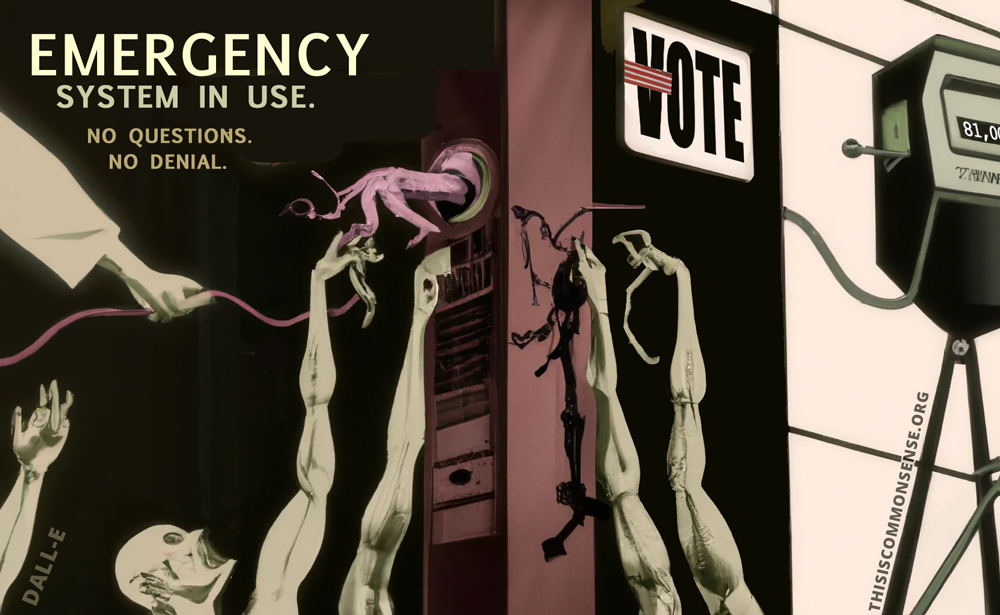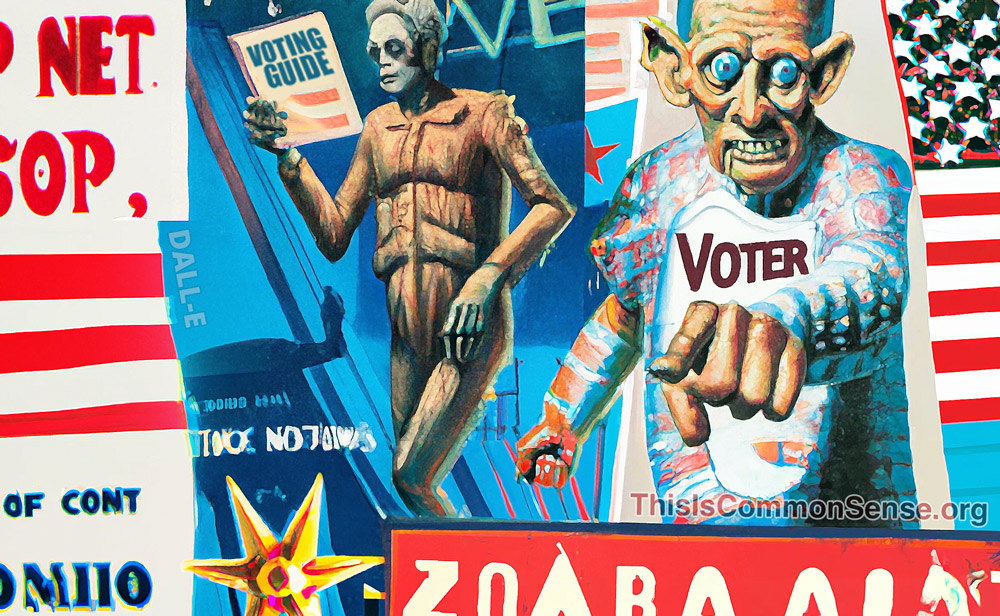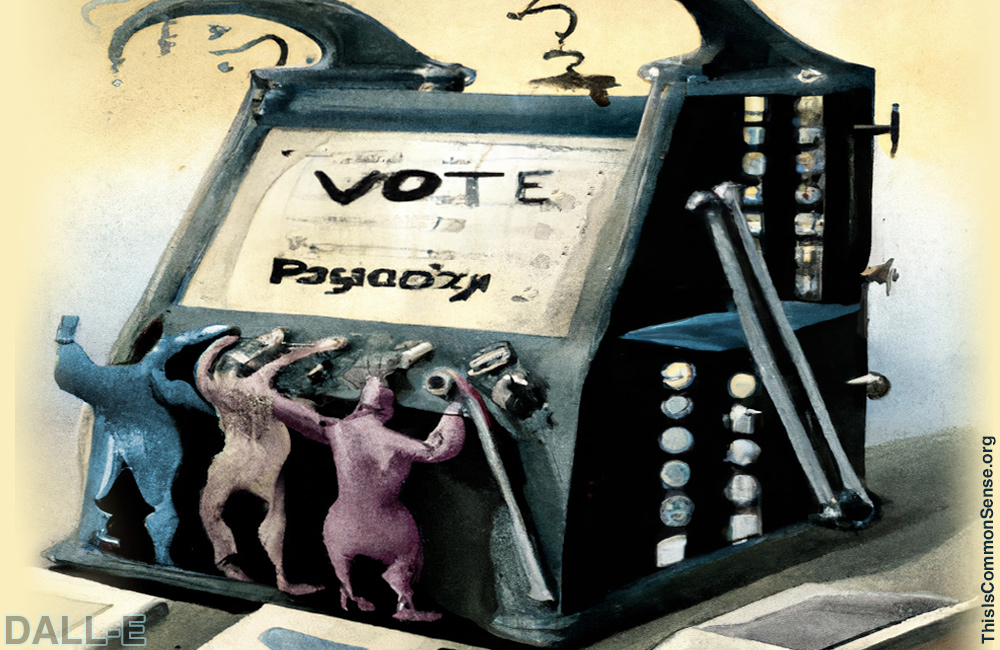Back in the Spring, a pollster was detailing his findings to a group of us. The Democrats were none too popular, he informed. And informed. And further informed. But at one point, the pollster stopped to remind: “Don’t get me wrong, that’s not to suggest the public is fond of Republicans.”
“We have the worst inflation in four decades, the worst collapse in real wages in 40 years, the worst crime wave since the 1990s, the worst border crisis in U.S. history, we have Joe Biden who is the least popular president … since presidential polling happened,” Washington Post columnist Marc Thiessen explained on Fox News, “and there wasn’t a red wave.”
Barely a ripple.
Voters, he continued. “looked at all of that and looked at the Republican alternative and said, ‘No, thanks!’”
Calling it “an absolute disaster,” Thiessen advised the GOP to do a “a really deep introspective look in the mirror right now.”
Watch for cracks.
More than the abortion issue or the mixed blessing of Mr. Trump’s omnipresence, I think the GOP’s problem was the lack of any serious, cohesive and positive agenda. We are indeed facing massive inflation, crime, cultural revolution … but what are you going do ’bout it?
Answers aren’t coming from the Republican Party.
In last year’s red wave across my home state of Virginia, it wasn’t now-Governor Glenn Younkin who made respecting the rights of the parents of public education students a cataclysmic issue. Parents did that.
The Republican Revolution of 1994 rode a tsunami produced in no small part by the term limits movement. With term limits measures on the ballot throughout the country, the GOP gained 52 seats to secure a majority after 40 consecutive years in the minority — even defeating the Democratic House Speaker.
Want candidates to ride a popular, pro-freedom wave?
Better start splashing.
This is Common Sense. I’m Paul Jacob.
Illustration created with DALL‑E
—
See all recent commentary
(simplified and organized)





